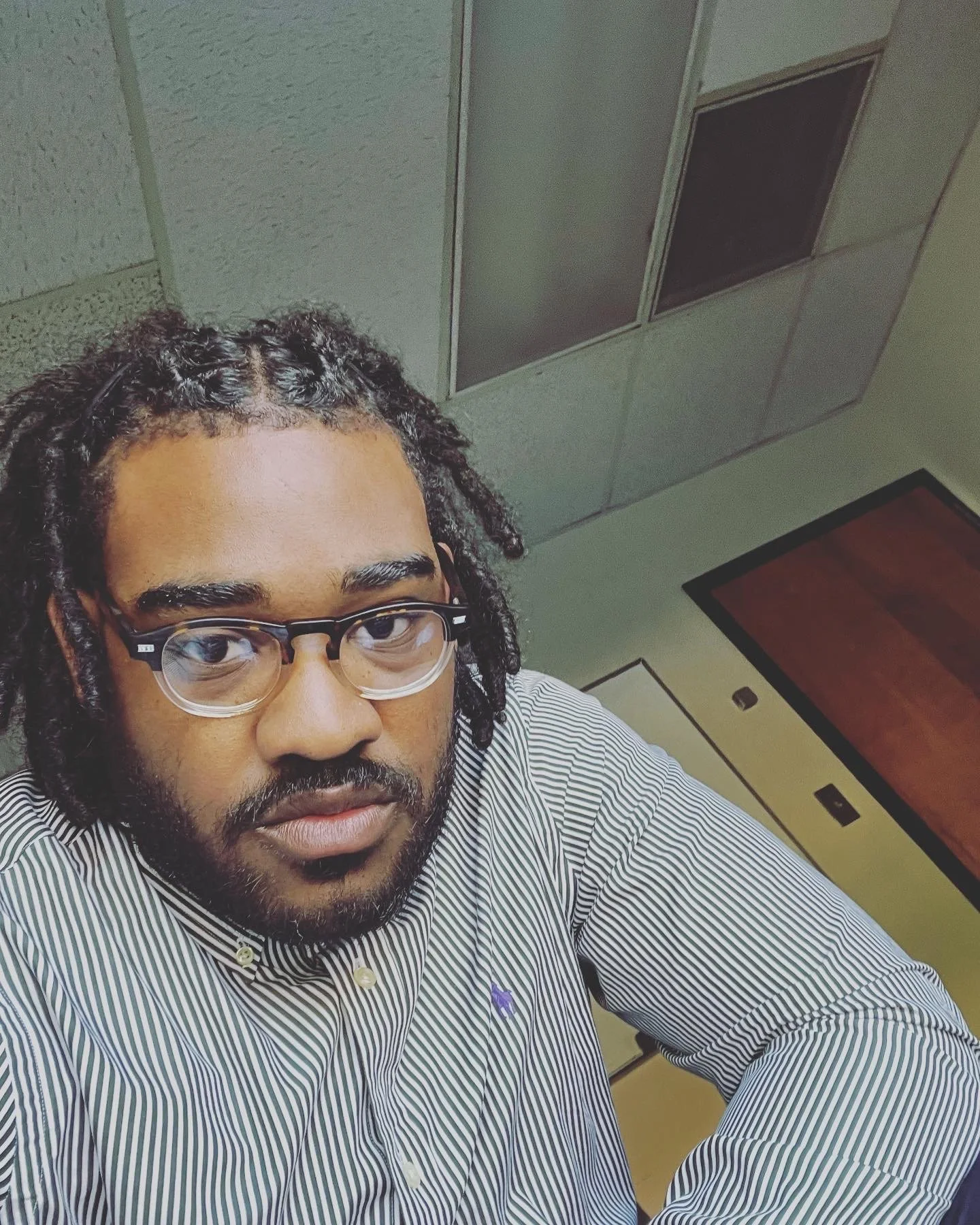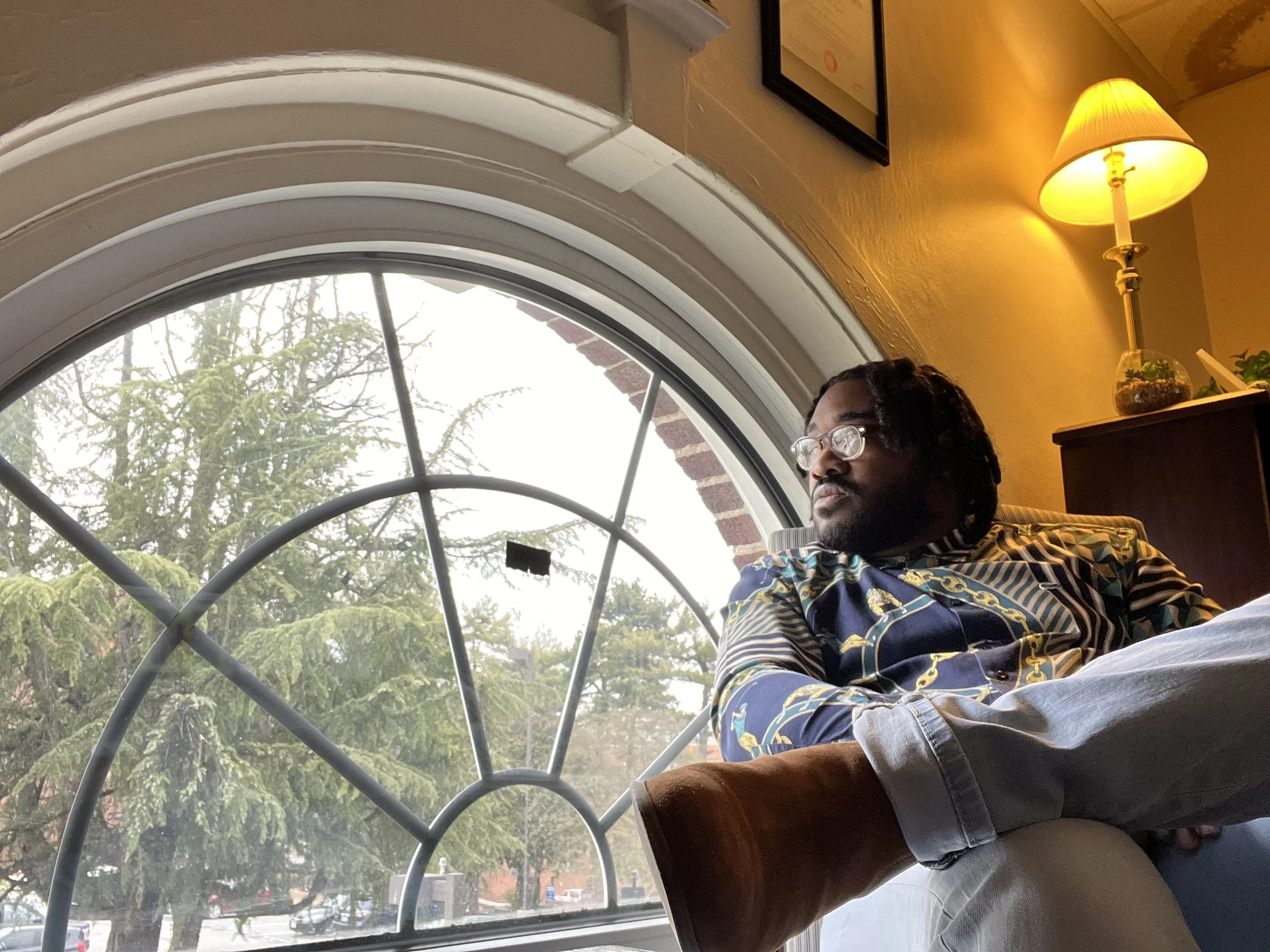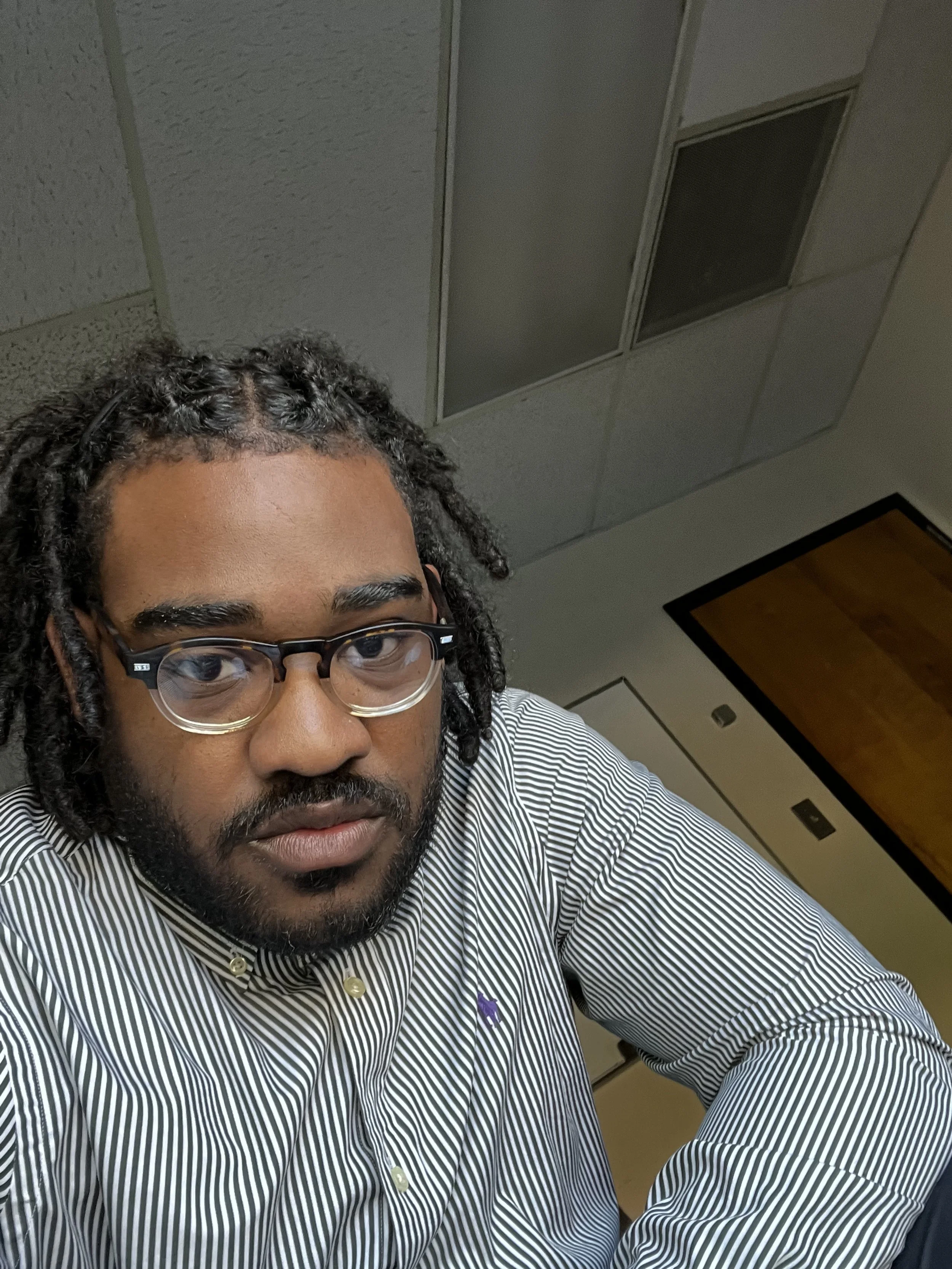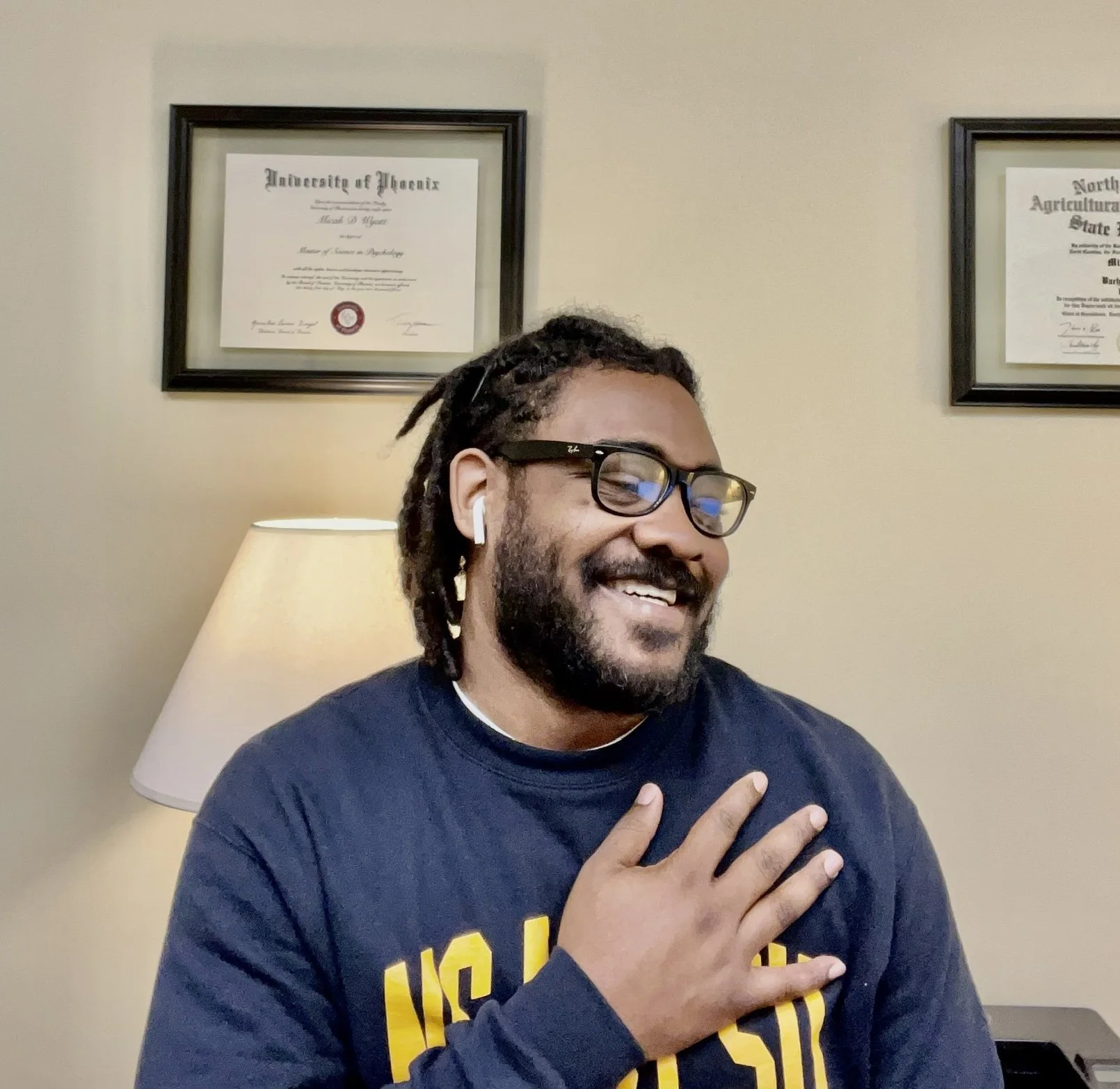Why Fewer Americans Are Saying ‘I Do’: Understanding the Decline in Marriage and Birth—and What We Can Do About It
In this post, we take a clear and compassionate look at why marriage and birth rates have been declining in America over the past several decades. From rising financial pressures to shifting social norms and gaps in relationship skills, this blog breaks down the key factors shaping modern relationships—and offers practical, hopeful solutions for individuals who still desire marriage, partnership, and family. It’s an accessible, thoughtful read for anyone curious about today’s relationship landscape or seeking support in building healthier connections.
Communication Deficiency Syndrome: Understanding and Overcoming Relational Barriers
The blog introduces Communication Deficiency Syndrome (CDS) — a term used to describe recurring patterns of ineffective communication within relationships. It explains how communication struggles become a syndrome when they show up as consistent symptoms such as misunderstandings, conflict, emotional reactivity, and withdrawal. Drawing on research-based definitions of “syndrome” and “deficiency,” the blog frames CDS as both a lack of effective communication skills and a recognizable pattern of relational breakdowns.
The post then guides readers through steps to address communication deficiencies, including acknowledging the problem, examining learned communication habits, and practicing self-reflection. It also outlines strategies inspired by the Gottmans to reduce harmful communication patterns like criticism and defensiveness. Ultimately, the blog encourages couples to build clarity, empathy, and active listening to strengthen their relational connection.
Grief Sucks: A Personal and Clinical Reflection
he blog explores the complex experience of grief through both personal and clinical lenses. It begins with a heartfelt reflection on the author's loss of a cousin, illustrating how grief can shape our emotional responses and relationships. The post then transitions into a clinical discussion of the five commonly recognized stages of grief—denial, anger, bargaining, depression, and acceptance—emphasizing that these stages are not linear and can vary widely among individuals. It encourages readers to process their emotions through connection and self-reflection, including the use of a grief journal. The post concludes by inviting those struggling with grief to seek support from Peridot Consulting and Treatment Solutions, PLLC, where compassionate professionals offer guidance and healing.
💍 Monogamy in the Modern World: Exploring Commitment and Connection
This blog explores the meaning of monogamy through personal reflection and cultural context. It examines traditional and serial monogamy, highlights how relational experiences shape our understanding of commitment, and offers guidance for couples seeking clarity in their relationships. Readers are encouraged to reflect on their own relational history and consider how their views on monogamy influence long-term connection and growth.
Infidelity in Relationships: Understanding Both Perspectives
This post explores the complex dynamics of infidelity by examining both the perspective of the partner who cheats and the one who is betrayed. It highlights how unmet emotional needs, miscommunication, and mismatched expressions of love often contribute to relational breakdowns. Using the metaphor of asking for water but receiving soda, the blog illustrates how partners may give love in ways that don’t align with what the other truly needs. Practical strategies are offered for both sides—cheaters learning to meet love requests authentically, and betrayed partners allowing space and empathy for change. The conclusion emphasizes that while infidelity is painful, couples can rebuild trust and connection through communication, patience, and intentional effort, with professional support available to guide the process.
Building Bridges, Not Barriers: A Guide to Effective Communication in Relationships
Effective communication is essential for healthy, lasting relationships. Despite 65–90% of couples facing communication challenges, these issues are solvable with intentional effort. The blog outlines three key strategies:
Do No Harm: Prioritize empathy and understanding over being right. Use thoughtful language and “I” statements to reduce conflict.
Avoid the Four Horsemen: Based on Gottman research, steer clear of criticism, contempt, defensiveness, and stonewalling—each of which damages relationships. Instead, use their antidotes like appreciation, responsibility, and self-soothing.
Practice Active Listening: Listen to understand, not just to respond. Reflect back what you hear and ask clarifying questions to build trust.
The post emphasizes that communication is a learnable skill and encourages couples to commit to growth through regular check-ins, Gottman-based therapy, and celebrating progress.
Navigating Transitions in Marriage: Strengthening Your Relationship Through Change
This blog explores how life transitions—such as career changes, parenthood, or personal growth—impact marriage and relationship dynamics. It defines marital transition as both major shifts (like divorce or loss) and subtle changes (like evolving desires or roles), emphasizing the importance of adapting together. The post offers practical strategies for couples to stay connected during change, including open communication, creating new routines, celebrating progress, and practicing empathy. It concludes with an encouraging message: transitions can strengthen relationships when approached with intention. Couples needing support are invited to connect with Peridot Consulting and Treatment Solutions, PLLC for professional guidance.
Rethinking Violence: A Humanitarian Call to Action
This blog post delves into the pervasive issue of violence throughout human history, highlighting its deep roots in cultural and political contexts across the globe. It emphasizes the need for a shift from retaliatory violence to compassionate conflict resolution, drawing on historical examples and philosophical insights. The post also addresses recent tragic events, such as the school shooting in Colorado Springs and the political violence in Utah, to underscore the ongoing relevance of this issue. It concludes with actionable steps individuals can take to foster a more peaceful society, including self-reflection, meaningful dialogue, education, and community involvement
Rebuilding After Infidelity: Understanding the Path to Healing
Infidelity can feel devastating, but it doesn’t have to end a marriage. This post explores how unmet needs, an unwillingness to meet a partner’s needs, and natural shifts in attraction can contribute to betrayal. Drawing on research and clinical insight, it offers practical guidance for rebuilding trust, reconnecting emotionally, and fostering a stronger, more resilient relationship after infidelity.
Education, Equity, and Accountability: A Deep Dive into Winston-Salem/Forsyth County Schools
The article explores the deep-rooted inequities in American education, particularly affecting Black and underserved communities. It highlights a recent audit of Winston-Salem/Forsyth County Schools (WS/FCS), which uncovered a $46 million budget deficit due to years of financial mismanagement. This crisis threatens essential student services like mental health support, which are already strained amid a national youth mental health emergency. The post connects historical educational disenfranchisement—from segregation to funding disparities—with current systemic failures, and calls for transparent leadership, equitable funding, and sustained mental health resources to ensure all students have access to quality education.
Understanding Intimate Partner Violence: What Everyone Should Know
This post explores Intimate Partner Violence (IPV)—what it looks like, how it escalates, and why it’s such a serious issue. It highlights warning signs, legal protections, and resources available for those affected, while also calling for stronger advocacy and community support. Most importantly, it emphasizes that no one has to face IPV alone and encourages individuals to reach out for help and healing through resources like the National Domestic Violence Hotline and Peridot Consulting and Treatment Solutions, PLLC.
Marriage, Divorce, and Healing: Finding Hope Through Challenges
The article explores the three major challenges that often lead to relationship breakdowns: incompatibility, infidelity, and financial strain. It provides statistics to highlight the prevalence of these issues in U.S. marriages and divorces, and offers practical strategies for navigating each challenge.
Key Points:
Incompatibility involves deeper differences in values, emotional needs, and communication styles. The post suggests improving self-awareness, celebrating differences, and using therapy to rebuild connection.
Infidelity is a common cause of divorce, often rooted in unmet emotional needs. Healing involves setting boundaries, understanding context, rebuilding trust, and possibly choosing separation with growth.
Financial strain affects emotional well-being and contributes to many divorces. Open communication, budgeting, professional help, and community support are recommended for coping.
Final Message:
Whether couples stay together or part ways, healing is possible through empathy, honest communication, and support. The blog encourages seeking professional help and emphasizes that emotional recovery takes time but is achievable.
Defining Mental Health: Building Resilience and Creating Change
In this insightful post, therapist Micah Wyatt explores how true transformation in mental health begins not just with awareness, but with intentional action. While many individuals can identify their emotions and triggers, lasting change requires practical skills and behavioral shifts. Drawing from systemic therapy and General Systems Theory, Wyatt outlines the difference between surface-level adjustments and deep, structural change. He emphasizes that mental health is built through resilience—like strengthening a muscle—and that our habits serve as the bridge between our intentions and reality. This blog offers a clear, actionable framework for anyone seeking to improve their emotional well-being and relationships.
Religion and Therapy: A Reflection on Faith, Mental Health, and the Self
In this reflective post, therapist Micah Wyatt shares his personal journey from early Christian service to a deeper exploration of spirituality, mental health, and authenticity. Drawing on Biblical texts and scholarly insights, Wyatt encourages readers to approach Scripture with nuance, foster a personal connection with the divine, and live in alignment with their true selves. He challenges traditional interpretations and invites thoughtful dialogue about belief, identity, and growth. This post offers a compassionate and introspective look at how faith and therapy can intersect to support holistic well-being.
Cultural Competence in Practice: Reflections from London
In this thoughtful reflection, therapist Micah Wyatt shares how cultural immersion—particularly during a trip to London—deepened his understanding of empathy, respect, and open-mindedness in clinical practice. Drawing on insights from Derald Wing Sue and personal experiences abroad, Wyatt explores how cultural humility and curiosity enhance therapeutic relationships. Through stories of learning local customs and engaging with diverse communities, he illustrates how cultural competence is not a destination but a daily practice. This post offers a compelling reminder that true empathy begins with stepping into someone else’s world.














